Gaining weight isn’t always just about calorie intake and exercise routines. While diet and physical activity are crucial, hormonal imbalances can also play a significant role. Recognizing when weight gain is linked to hormones rather than lifestyle choices can be the first step in addressing the issue more effectively. Hormonal issues can influence your metabolism, appetite, and fat distribution, often making weight management more challenging despite efforts to eat healthily and stay active. In some cases, hormone therapies may be recommended as part of the treatment plan. We’re going to cover the top three signs your weight gain isn’t just about diet or exercise.
Persistent Fatigue Despite Adequate Rest
If you find yourself constantly tired, even after sleeping well, this may indicate an underlying hormonal issue. Hormones like cortisol and insulin impact your energy levels and how your body stores fat. Therefore, a persistent lack of energy can lead to increased weight as the body conserves energy by storing extra fat rather than burning it. In some cases, hormone therapies may be recommended to help restore balance and improve your overall health.
Weight Gain Around the Abdomen
Hormonal imbalances can cause your body to store more fat around the midsection, often linked to stress-related hormones like cortisol. A higher-than-normal production of cortisol can lead to cravings for high-fat, high-carbohydrate foods. According to the CDC, an adult who is obese has a body mass index of 30+, and storing excess fat in the abdomen can push BMI into the obesity range, exacerbating health risks.
Changes in Appetite and Cravings
Experiencing significant changes in your appetite or sudden cravings for certain types of food can signal a hormonal imbalance. Leptin and ghrelin, often referred to as the “satiety hormones,” are responsible for regulating hunger. Imbalances in these hormones can cause you to feel hungry even after eating, leading to unnecessary weight gain as you consume more calories than your body needs.
If you suspect that hormones might be contributing to your weight gain, it is essential to consult with a healthcare provider. They can conduct tests to identify any hormonal issues that require attention. Understanding that weight gain isn’t always resolved through diet and exercise alone empowers you to seek appropriate treatment and achieve better health outcomes. Addressing hormonal imbalances often involves a comprehensive approach, including lifestyle modifications, medical treatments, and sometimes hormone therapies, tailored to your specific needs. Additionally, managing stress, improving sleep quality, and maintaining a balanced diet can support hormonal health and promote sustainable weight management. If you suspect hormones are impacting your weight, contact Optimize U Centers today to schedule a comprehensive evaluation.


